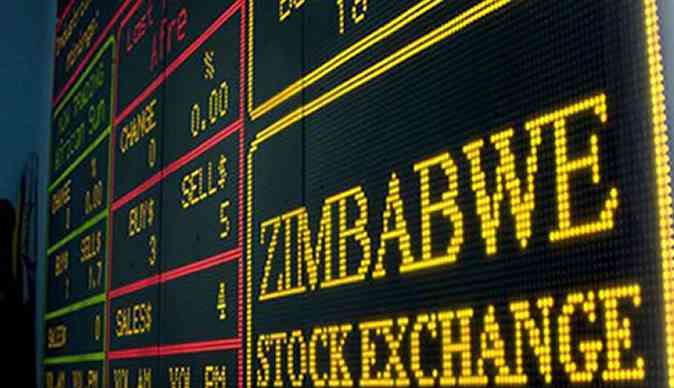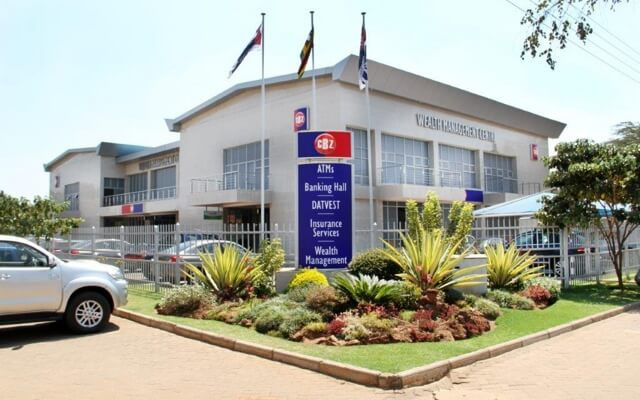
ZIMBABWE is ranked fourth from last in sub-Saharan Africa in terms providing financial services to people living in the rural areas, a World Bank report said.
BY BUSINESS REPORTER
The World Bank released a report on Enabling Business of Agriculture (EBA) earlier this week, which measures and monitors key elements of countries’ regulatory framework that affect agribusiness value chains.
Under the financial indicators, Zimbabwe’s ranking in sub-Saharan Africa was against 21 countries.
“EBA finance indicators measure laws and regulations that promote access to a range of financial services, with a focus on areas that are particularly relevant for potential customers in rural areas,” the report said.
“These customers are partially or fully excluded from traditional financial services due to factors such as their geographical location or available type of collateral.”
Tanzania, Rwanda, Kenya, and Zambia made up the top four in that order.
Three indicators were used for these financial rankings, namely, branchless banking, movable collateral, and non-bank lending institutions.
- Chamisa under fire over US$120K donation
- Mavhunga puts DeMbare into Chibuku quarterfinals
- Pension funds bet on Cabora Bassa oilfields
- Councils defy govt fire tender directive
Keep Reading
Branchless banking covers agent bank and electronic money, movable collateral (warehouse receipts, doing business and getting credit) and non-bank lending institutions (such as the operation and governance of financial cooperatives).
“Data for the finance indicators are obtained from three main types of respondents: financial sector supervisory authorities, financial lawyers, and legal officers of financial institutions,” the report said.
“Data collections include interviews conducted during country visits directly with respondents, followed by rounds of follow-up communication via email and conference calls with respondents as well as with third parties.”
The country’s poor financial score placed it in lowest income bracket in the overall ranking, which surveyed 62 countries in the EBA 2017 report.
This comes as the 62 countries were divided into four groups, namely, high income, upper middle income, lower middle income, and low income of which Zimbabwe came in at 60.
In terms of overall financial rankings, the EBA 2017 report put Zimbabwe at 49 out a total of 62 countries surveyed for the report.
People living in rural areas have long struggled to access financial services due to their location and not having tangible assets in terms of accessing loans.
Early last month, Treasury proposed the Movable Property Security Interest Bill, which will compel banks to accept movable assets such as machinery, automobiles, inventory, account receivables and even livestock.
When he presented the Bill, Finance minister Patrick Chinamasa said the draft law was crafted with farmers and those living in the rural areas in mind.











